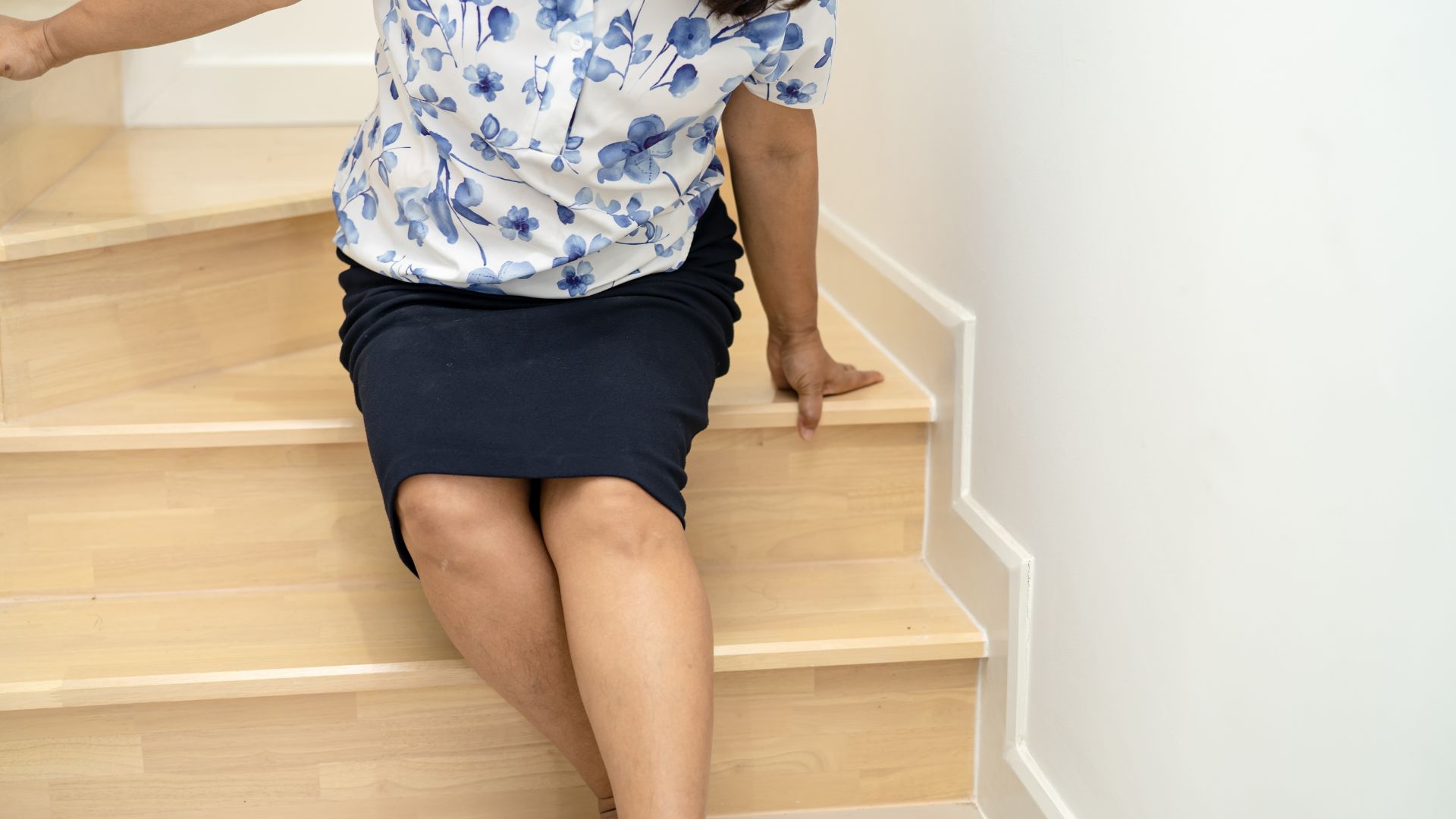
Slip and fall injuries happen every day, but not every fall creates a valid legal claim. If your injury resulted from someone else’s failure to maintain safe property conditions, you may be entitled to compensation. But to succeed, you must prove that negligence occurred, and that is not always straightforward.
Florida law requires specific legal elements to hold a property owner responsible. In this article, we’ll walk you through the process and explain how to prove negligence in a slip and fall case.
What Is Negligence in a Slip and Fall Case?
Negligence occurs when someone fails to use reasonable care, resulting in harm to another person. To show negligence for a Florida slip and fall claim, you must demonstrate the following four elements:
- Duty of care. The property owner or occupier owed you a legal duty to keep the premises reasonably safe.
- Breach of duty. They failed to meet that duty through action or inaction.
- Causation. The breach directly caused your slip and fall accident.
- Damages. You suffered injuries or losses as a result.
Each of these elements must be established with evidence. Without all four, your claim may not succeed.
Who Owed You a Duty of Care?
Property owners in Florida have a legal obligation to keep their premises reasonably safe, but the level of responsibility they owe depends on the injured person’s status at the time of the fall. Florida law breaks this down into the following three categories.
1. Business Invitees
These individuals enter a property for commercial reasons, such as shoppers in a grocery store or clients in a law office. Owners owe invitees the highest level of care. They must inspect the premises regularly, repair known hazards promptly, and post clear warnings when a danger cannot be immediately fixed. A failure to take these precautions may constitute negligence if someone is injured as a result.
2. Licensees
A licensee is someone who visits the property for social or personal reasons, like a friend invited over for dinner. While owners do not need to inspect the premises for licensees, they must still warn them of hidden dangers the owner already knows about. If the hazard is not obvious and the owner fails to mention it, they may be liable for any resulting injuries.
3. Trespassers
People who enter a property without permission are considered trespassers. In general, Florida law does not require owners to make their property safe for trespassers, but they cannot intentionally harm them. An exception exists for child trespassers under the “attractive nuisance” doctrine, where a landowner may be liable if something on the property, like a pool or abandoned equipment, entices a child into danger.
Understanding which category applies to your situation is essential because it affects what must be proven to establish negligence. A qualified slip and fall attorney can help identify your legal status and explain how it shapes your case.
What Counts as a Breach of Duty?
Once you determine who owed you a duty of care, the next question is whether they breached that duty. This depends on whether the owner acted, or failed to act, in a way that a reasonable person would have under similar circumstances.
Examples of breaches may include:
- Failing to clean up a spill within a reasonable time,
- Not repairing broken flooring or stairs,
- Leaving cords or obstacles in walkways,
- Failing to provide adequate lighting in high-traffic areas, and
- Ignoring reports of dangerous conditions.
Evidence like surveillance footage, maintenance logs, or witness statements can support your claim that the owner knew or should have known about the hazard and failed to fix it.
How to Prove Causation
Proving causation means showing that the hazardous condition directly led to your fall and injury. It’s not enough to say a spill existed; you must show that it caused your fall and that your injuries were a direct result.
Ways to prove causation include:
- Medical records linking your injury to the fall,
- Photos or videos of the scene,
- Eyewitness testimony, and
- Expert opinions on biomechanics or accident reconstruction.
Causation is often a focal point of the defense. The property owner may argue that your injury was due to your own actions or a pre-existing condition. Having strong evidence here can make or break your case.
Documenting Your Damages
The final element, damages, refers to the harm you suffered. To recover compensation, you must demonstrate that you experienced actual losses due to the fall. This includes:
- Emergency room visits, surgeries, and rehabilitation;
- Lost wages or reduced ability to work;
- Pain and emotional distress; and
- Loss of enjoyment of life.
Keep records of all medical treatment and expenses. A slip and fall attorney can also help calculate future damages if your injuries will have long-term effects.
Tips for Strengthening Your Slip and Fall Case
To support your claim, act quickly and take steps to preserve evidence. Here’s what you can do:
- Report the incident to the property manager or owner;
- Take photos of the scene, hazard, and any visible injuries;
- Ask for the names and contact information of any witnesses;
- Keep your shoes and clothing as potential evidence;
- Get medical attention right away and follow your treatment plan; and
- Avoid making recorded statements to insurance companies without legal advice.
The earlier you start gathering evidence, the easier it will be to build a strong case.
When to Contact a Lawyer
Slip and fall cases can be complex. Proving negligence requires detailed knowledge of Florida law, access to evidence, and the ability to negotiate with insurance companies.
If you’re unsure whether you have a case or you’re facing pushback from insurers, it’s time to consult a Lakeland slip and fall attorney. In Florida, you typically only have two years to file your claim. While that may sound like a while, delaying legal guidance risks losing access to valuable evidence and time that can be used to negotiate to your benefit.
Schedule a Free Consultation with Maranatha Law
If you were injured on someone else’s property, understanding how to prove negligence in a slip and fall is essential to protecting your rights. By working with an experienced Florida personal injury attorney, you can better understand your case and get help building a claim that reflects the full extent of your injuries and losses.
At Maranatha Law, we help clients throughout Florida pursue justice and financial recovery after preventable injuries. Our team is committed to thorough case analysis, personalized attention, and advocating for the compensation you deserve.
Contact us today to schedule your free case review and learn how we can help you move forward.



